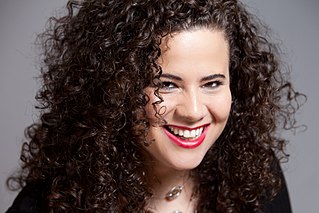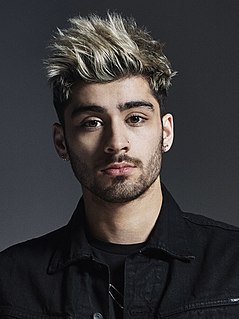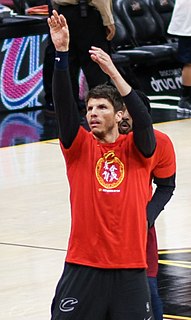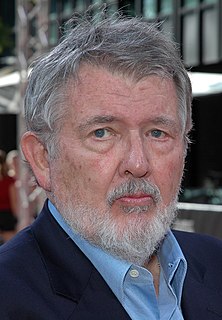A Quote by Fred D'Aguiar
To close the empathetic gap, you really want to get the person emotionally identifying [with your subject and characters], and then when you do that, then you want sneak in a lesson about history and about politics and whatever else you might think about.
Related Quotes
I let people fill in the blanks on their own. If they want to think about their ex, that's fine. If they want to think about maybe who one of my exes is, then that's fine. And it might not be right, because I'm the only one who knows what these songs are really about. It's the one shred of privacy I have in the matter.
I want a future where women and girls get to be the subject of their own sexuality, not the object of somebody else’s. That we are the main characters in our own play, not props in somebody else’s—which is how women’s sexuality is treated now. Whatever the outside attitudes about sexuality it’s always about somebody’s agenda for us, and I want a world where we can have our own.
When I'm writing a script, I don't worry about plot as much as I do about people. I get to know the main characters - what they need, what they want, what they should do. That's what gets the story going. You can't just have action, you've got to find out what the characters want. And then they must grow, they must go somewhere.
I only try to talk to people about things I really do use in my shot. If I see something similar and something that will help them, then you try to come to them and say, 'I think I might have something for you. Think about it if you like it.' If they do, and they want to keep talking about it, then I will.
Conversations about films are always funny. I would say a majority of people want to talk about what were the more obvious successes; the big box office films. Other people wanting to be more sensitive to you want to talk about the ones that maybe didn't make a lot of money, but they think you might have a special feeling about. And then other people sometimes want to help you by suggesting that you should have done this or that in the movie, that that would have helped you a great deal in whatever capacity.
And then afterwards I worked in advertising for a year which taught me about writing even when you don't want to (laughter) because there's never a moment that you want to write about an Erickson cell phone but you have to. And that's really important you know obviously for the...like if you really want to write, you have to write every day no matter how you feel or you know. And then, yeah, and then I ended up working in TV and then from TV into movies and then directing, so.
I think we need to make documentaries about fantasy and storytelling. I think I just started to scratch the surface of a method that allows us to do that. We want to be sucked into the events, suspend our disbelief and imagine that this is a fiction, but actually putting onscreen the gap between who the people are and who they want to be and therefore opening the question about why they want to be this person.







































